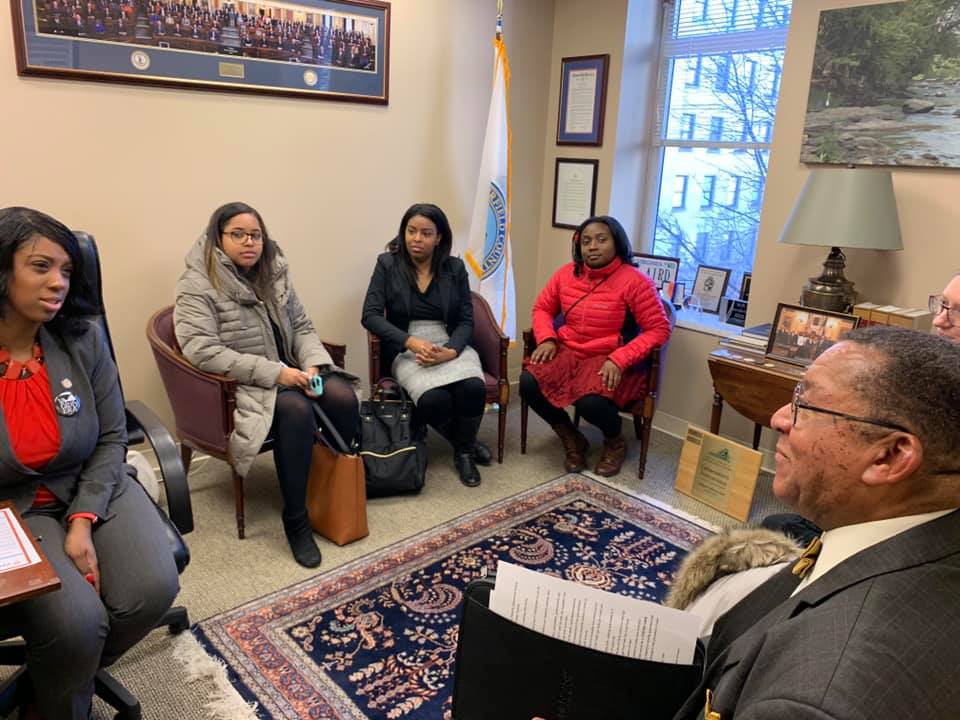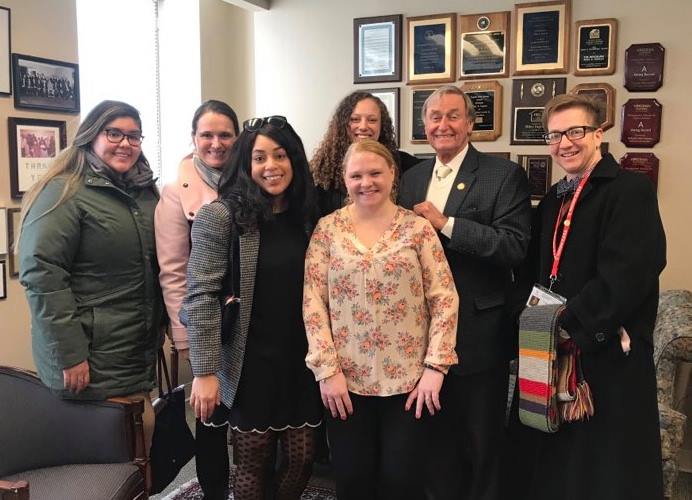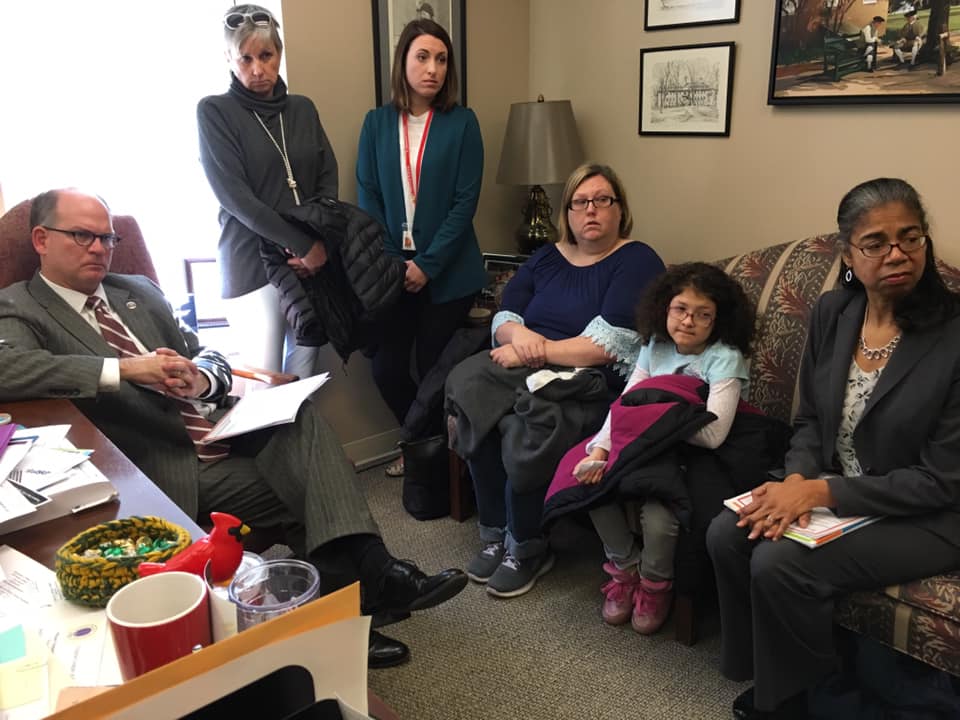

The 2019 legislative session began with a revealing and devastating report on Virginia’s foster care system by the Joint Legislative Audit and Review Commission. While the report was shocking to some, these are long-standing issues to advocates. In the legislature, there was renewed energy to respond to the concerns, eventually leading to the creation of the Foster Care Caucus. We are proud to share that in 2019, the legislature made several sweeping reforms to the foster care system.
Major steps forward to improve outcomes for children in the foster care system. The Foster Care Omnibus bill was filed as a direct response to the JLARC report and other local concerns legislators had been made aware of. The bill does several things, but some of the highlights are: it allows the Commissioner to implement a corrective action plan or assume temporary control of local departments when necessary, requires the Department to establish and update annually a caseload standard which limits the number of foster care cases that may be assigned to each caseworker, and requires the Commissioner to create within the State Department of Social Services a foster care health and safety director position. This bill had a fiscal impact and we are excited to share that $2.8 million was included in the budget to fund these changes.
Support for children in foster care to achieve “normalcy”. Occasionally youth aging out of foster care realize their identity and information has been falsely used by foster parents or family members to establish credit. A bill passed requiring local departments to freeze the credit of children who have been in care for more than 90 days. In addition, foster parents are now a protected class for car insurance companies so that they do not have to worry about being penalized if they add their foster youth to their contracts.
Created structure and increased supports to the kinship diversion program, an effort designed to avoid foster care by facilitating placements with relatives. Increase utilization of relative foster care placements. With only 5% of children going to live with relatives, a bill was passed that will hopefully encourage more relative placements. This bill requires local departments to notify relatives when a relative child is about to enter foster care and list out all of the resources that may be available to them, if they took the child, such as becoming a licensed kinship foster home, Medicaid for the child, and applying for child only TANF. The General Assembly also increased the payment amount for Temporary Assistance for Needy Families by 5%, a $3.2 million investment. For the majority of kinship families, child-only TANF is the only program from which they receive financial assistance.
Steps to ensure timely implementation of FFPSA that incentivizes the prevention of foster care entry and the wider use of evidence-based and trauma-informed services.The Family First Prevention Services Act is the first transformation of the child welfare system in nearly 40 years and provides an opportunity to invest in prevention through evidence-based and trauma-informed services. To support implementation, the General Assembly funded six additional leadership positions at the Department of Social Services, invested $851,000 to scale up evidence-based services, and included language that requires the state to study residential treatment centers to implement a higher standard of care.
Support for children who have been in foster care to attend 4-year colleges. While the bill does not provide an automatic process for providing tuition waivers to former foster youth, it does say that the State Council of Higher Education Council may provide a grant for the payment of tuition and fees for any Virginia student who turned 18 while in foster care. The Council and the Department of Social Services will create guidelines for students who will be eligible.
In all, the General Assembly invested nearly $8 million to improve outcomes for children in foster care or at-risk of entering foster care!
This tremendous work would not have been possible without our wonderful partners who signed onto the Unified Foster Care Agenda this year, our champions in the legislature, and our directly impacted advocates who spent their time talking with legislators this year. We are very grateful for all of your support!

Kinship Care Advocate, Ray Richardson, shares his story to Delegate Aird followed by, MSW student, Sophia Booker, explaining why we need to improve outcomes for older youth in foster care.

Voices Outreach Coordinator, Chloe Edwards, and Unified Agenda partners Cassie Cunningham of Children’s Home Society and Abigail Schreiner of Hope Tree Services pose with local CASA volunteers and Delegate Ingram.

Nadine Marsh-Carter, Executive Director of Children’s Home Society and Cate Hawks of NewFound Families, bring a kinship family to meet with the Foster Care Caucus Co-Chair, Senator Mason, to discuss the foster care policy agenda.